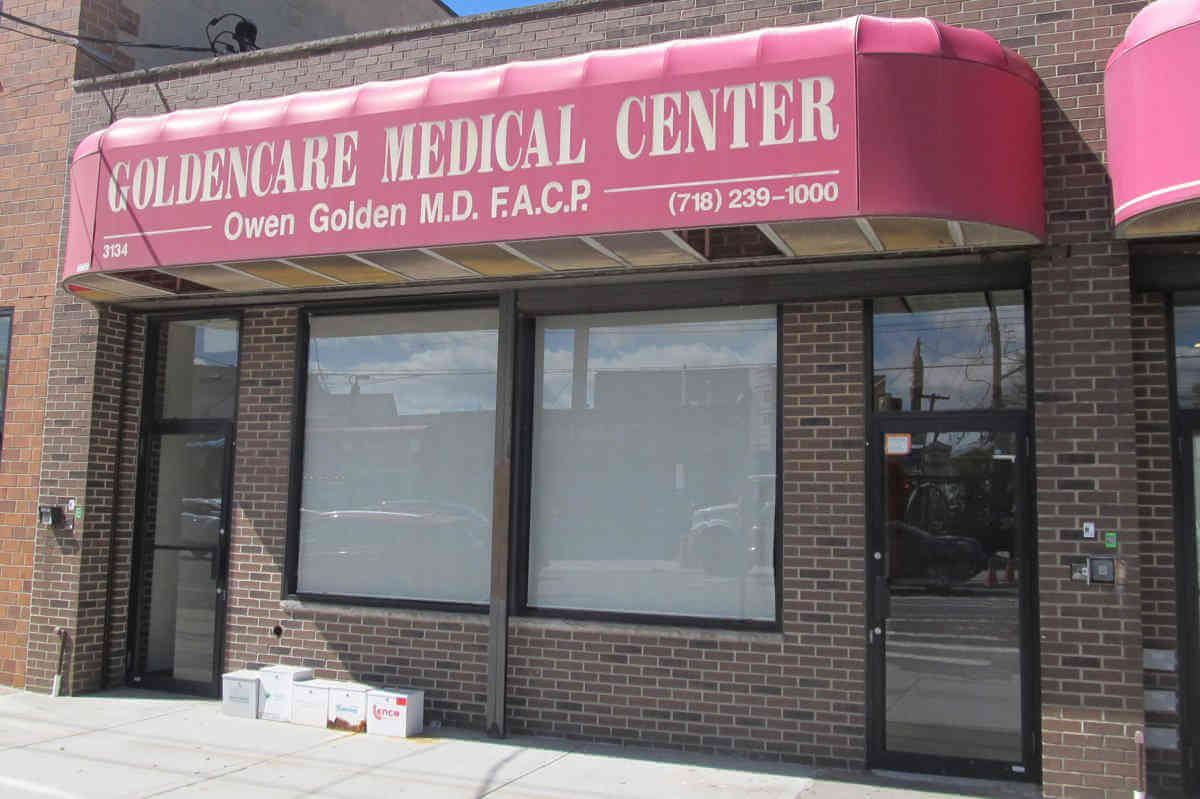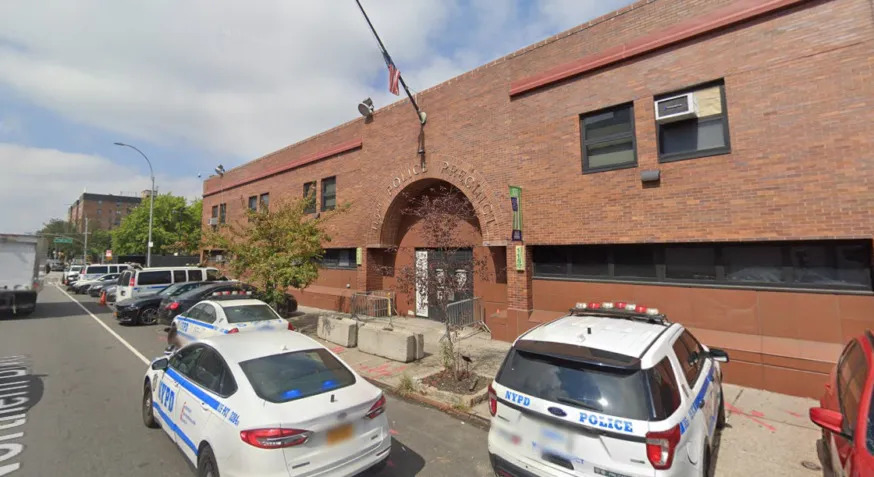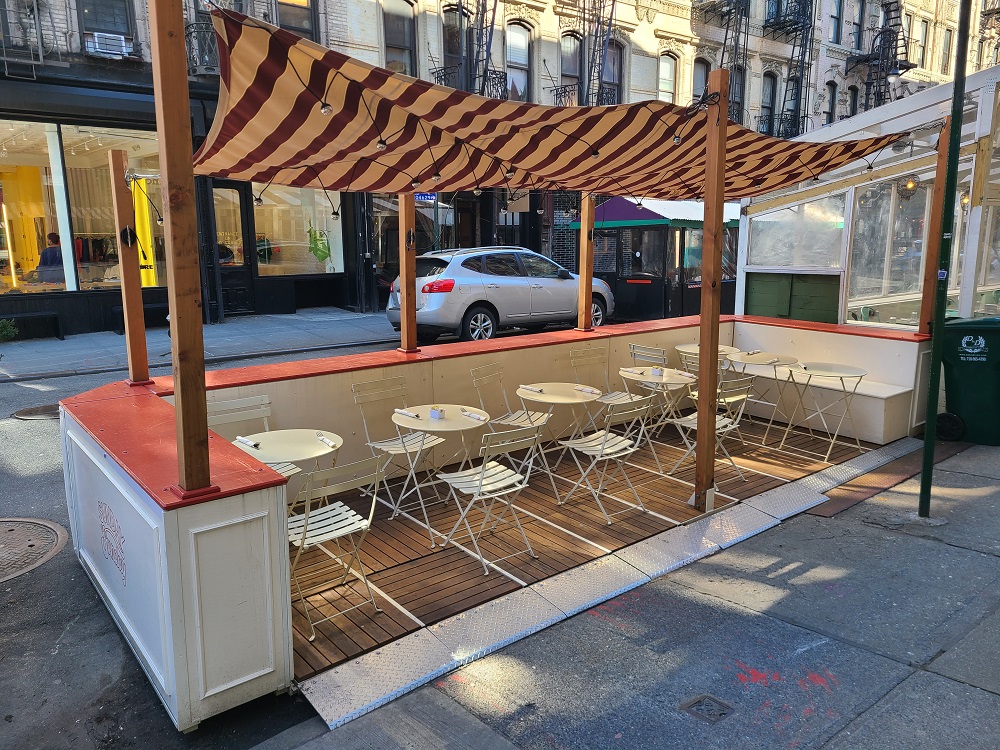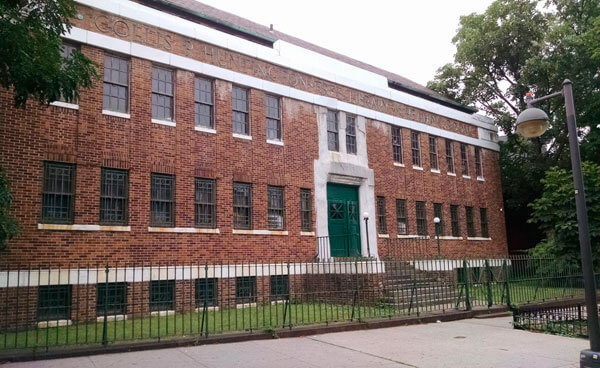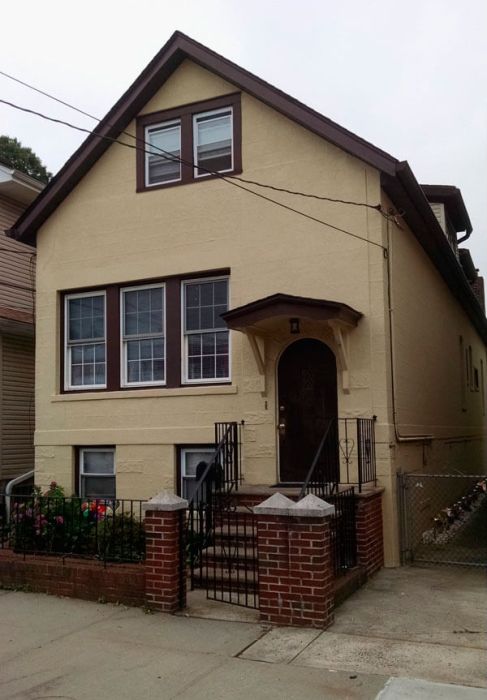A chemical dependency treatment facility is eying a property in the Waterbury-LaSalle area.
Community Board 10 released a statement on Friday, May 10 indicating that it was possible that the Carnegie Hill Institute, an organization that operates a ‘substance abuse and chemical dependency treatment center,’ might be making an offer to purchase a doctor’s office at 3134 E. Tremont Avenue.
According to CB 10 district manager Matt Cruz’s email, the agency could dispense methadone from the location.
The email stated that Cruz had made it clear to “Carnegie Hill’s representatives that the community will, rightfully so, have reservations and be concerned.”
“They want to operate a similar type of program of therapy and counseling at 3134 E. Tremont Avenue,” said Cruz. “I told them that this is a community that doesn’t have a lot of familiarity with these types of programs, and since this has been such relatively quaint and quiet community for so long, this type of business wouldn’t most likely be a welcome addition to our area.”
Carnegie Hall said that they were willing to meet with CB 10’s Health and Human Services Committee, but that no meeting has been scheduled because no offer had yet been made on the building, said Cruz.
Cruz said had been contacted by Morris Park Realty, which was how he first learned of the possible sale.
Joe Consentino, of Morris Park Realty, said that he notified the community board at Carnegie Hill’s request.
Consentino asserts that Carnegie Hill would be doing talk therapy and not dispensing medicine, based on his understanding.
The medical building itself includes 2,600 square feet of space, containing six exam rooms, according to the real estate listing.
Mary Jane Musano, Waterbury-LaSalle Community Association president, said she thought the opening of a substance abuse treatment center was not a good thing for the community.
“They may say that they are just doing talk therapy treatment, but you would still have the same community concern, because the people who would be coming there are on medication (being dispensed elsewhere),” said Musano.
Musano said a more institutional setting affiliated with a hospital, like a Montefiore facility known as the Wellness Center on Waters Place, would be more appropriate for both counseling and dispensing medicines like methadone.
“I agree with the assertion that these types of facilities should be in hospitals,” she said, adding she feels that the community is well-served by the center on Waters Place.
Andrew Chirico, WLCA board member, said that a drug treatment facility of any kind in a residential neighborhood would diminish quality of life.
“It is a bad thing when you bring this into a residential area,” said Chirico. “This would be a very different situation if this were just a doctor’s office.”
The current doctor at the building, Dr. Owen Golden, has not said whether or not he is leaving, said Cruz.
The office manager vehemently denied that the Golden was shutting his practice or selling the building, but contradicted herself later when she mistakenly blurted out that the building had been for sale for the last three years.
As questions became more specific about Carnegie Hill’s interest in the property, she was instructed by the doctor to hang up the phone.
Calls to Carnegie Hill were not returned by press time.

